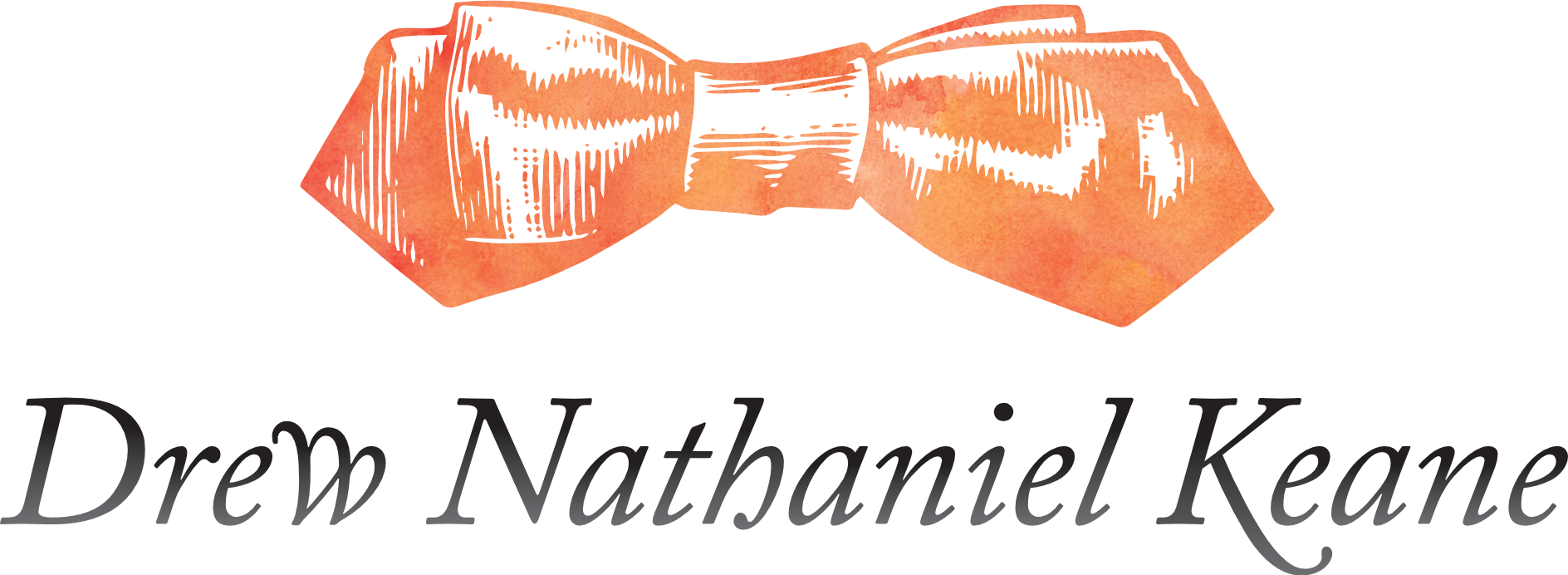Universities rediscover common readings
Across the United States universities and other institutions of higher learning a trend has emerged of assigning a common reading — often a novel — to all first-year students to be assigned and discussed in a firs-year orientation course. The idea is that the reading will serve as a common frame of reference for students who come to school from a wide range of backgrounds. It will provide a common experience for these students and thereby invite them to participate in a common conversation.
It is remarkable that university administrators across the US seem to believe this is a new discovery. Indeed, it is almost incredible that after having destroyed the body of common texts that were the foundation of the liberal arts curriculum until the late 20th century, American universities of the early 21st century have accidentally re-discovered why the idea of canon of texts proved so valuable in the first place.
One cannot help but wonder what it might be like to apply the principle discovered in a robust way with a whole body texts that have been vetted and valued by centuries of later writers and readers. But, let's not be too radical! No, the common reading will be but one text assigned in an extended orientation course carved out of the core curriculum (thereby diverting credit-hours away from what remains of the liberal arts core). The text is usually a recent novel in order to make it feel more relevant to the students, but it matters little what the text is, as it serves primarily as a spring-board for orientation, normalization, or initiation into a shared ethic. Rather than having the course taught by literature faculty or anyone else whose expertise lies precisely in the study of texts, these first-year orientation courses are typically taught by faculty volunteers for “service” credit. And, rather than have this common reading remain stable over years so that the common experience and shared frame of reference can extend beyond one cohort of students, this common reading is typically changed every year.
Last year my university selected Normal Sucks by Jonathan Mooney. I have not read the novel, so I cannot comment on its quality, though the eloquence of the title is staggering… but I digress. What is more staggering is the irony of using a novel called Normal Sucks, to normalize students to their new environment. If normal sucks, how will we convince students to adopt the shared ethic of our institution. Perhaps some of them will decide that the norm of our academic integrity policy sucks. The irony appears to be lost on the administrators who made this selection.
